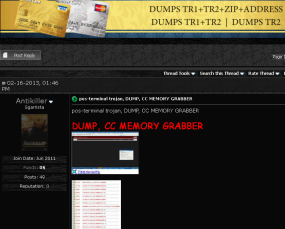Federal authorities in Atlanta today are expected to announce the arrest and charging of a 24-year-old Russian man who allegedly created and maintained the SpyEye Trojan, a sophisticated botnet creation kit that has been implicated in a number of costly online banking thefts against businesses and consumers.
According to sources, the U.S. Justice Department is charging Aleksander Panin of Tver, Russia with being part of a gang that robbed banks via the Internet. He was reportedly arrested in the Dominican Republic in June 2013.
Update, 4:34 p.m. ET: Panin just pleaded to conspiracy to commit wire and bank fraud for his role as the primary developer and distributor of SpyEye, according to a press release from U.S. Attorney Sally Quillian Yates.
The government alleges that Panin sold SpyEye to at least 150 “clients,” one of whom is reported to have made more than $3.2 million in a six month period using the virus. The Justice Department further states that the investigation also has led to the arrests by international authorities of four of Panin’s SpyEye clients and associates in the United Kingdom and Bulgaria.
Panin’s attorney Arkady Bukh said his client is facing up to 30 years in prison. “We are happy with the plea,” Bukh said. “It will greatly limit the client’s exposure in this case at the time of sentencing.”
Original story:
It’s not clear why Panin was in the Dominican Republic, which has strong relations with the United States. According to Wikipedia, the Dominican Republic has worked closely with U.S. law enforcement officials on issues such as the extradition of fugitives. According to Russian news station RT, Panin was high on Interpol’s “red list,” wanted for embezzlement through Internet banking scams totaling USD $5 million.
Panin’s arrest and subsequent extradition to Atlanta, Georgia caused a minor diplomatic dust-up in July 2013, when news of his arrest first came to light in Moscow. “Of course, we are seriously concerned about the fact that it again concerns the arrest of a Russian citizen with a US warrant in a third country,” said Russian Foreign Ministry Information and Press Department Deputy Director Maria Zakharova, in a television interview aired by RT. “We think the fact that such practices are becoming a vicious tendency is absolutely unacceptable and inadmissible.”
The arrest caps a dramatic rise and fall of a crimeware package that evolved as a major headache for security professionals, and for Microsoft in particular. In March 2012, Microsoft executed a carefully-planned takedown of dozens of botnets powered by SpyEye and ZeuS — a competing botnet creation kit that was later briefly subsumed by SpyEye.
As part of that effort, Microsoft published email addresses and other information on the alleged SpyEye author, who went by the nicknames “Gribodemon” and “Harderman.” At the time, the software giant identified the alleged author only as an unknown “John Doe.”




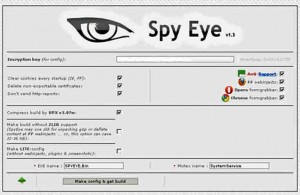


![A customer's purchases from fakeplastic[dot]net, which federal authorities secretly seized on Dec. 5, 2013.](https://krebsonsecurity.com/wp-content/uploads/2014/01/FakePlastic-600x319.png)
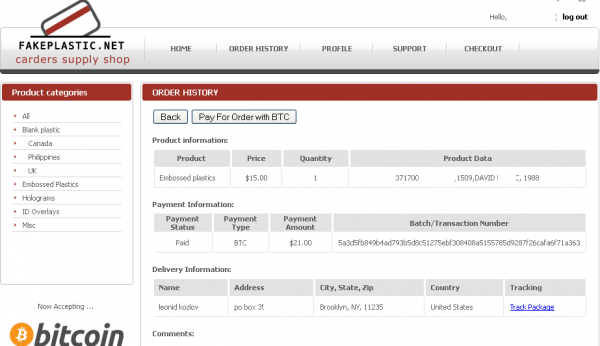



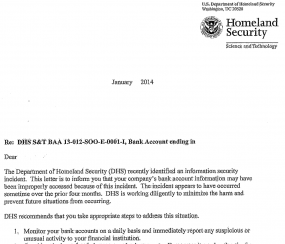
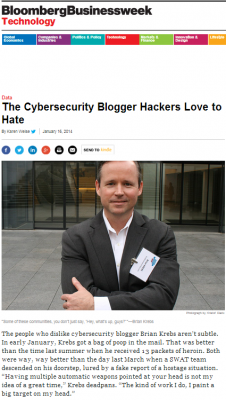

![A private message on cpro[dot]su between Rescator and a member interested in his card shop. Notice the ad for Rescator's email flood service at the bottom.](https://krebsonsecurity.com/wp-content/uploads/2013/12/rescator-pm-cpro-600x153.png)
